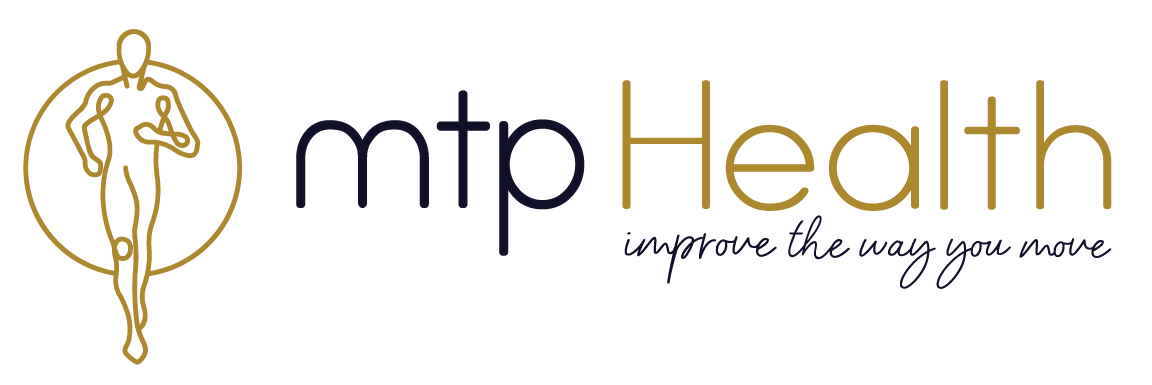The Heat is ON.. Tips to achieve a Positive Energy Balance
By Rebecca Chin, Accredited Practising Dietitian and Nutritionist
With summer just around the corner, we all want to look and feel our best. For some (including myself!) this means shedding some extra cheeky kilos that crept on throughout the hibernation period i.e. winter.
I see and hear a lot about people resorting to extreme fad dieting and restrictive intakes to rid that dreaded winter coat. However, while it may achieve some short-term results, you’re likely to end up just putting the weight (and sometimes more) back on in the long run. Not to mention the risk of suboptimal nutrition and fatigue that is likely to come with it.
Unfortunately there is no diet, pill, powder or liquid that achieves long-term healthy weight loss. Your best, most sustainable and realistic bet is to simply consume a healthy balanced diet in combination with regular physical activity.
The thing that all diets (good, bad, and ugly) have in common is that they create an energy deficit and thus – result in weight loss. The key is ensuring your diet is also nutritionally adequate and balanced so that you can be the healthiest and most energetic version of yourself.
Energy intake = less than energy expended = positive energy balance = weight loss
While a lot of people are aware of the basics of healthy eating and regular physical activity, it’s easy to forget the small things that can make a big difference. A lot of people hit a plateau when working towards their weight loss goals and at this point they can suddenly feel defeated and deflated because although they’re doing all the right things and eating all the right things, they just can’t seem to shift those last few stubborn kilos.
Below I’ve listed my Top 5 tips that will help to keep you in a positive energy balance and in doing so, achieve your goals.
1. Cheat Meals
So many people I see have their cheat meals on non-training days (aka weekends). In terms of weight loss – this does not make sense. My suggestion would be to eat your cheat meal on a day you’re training because it is these days your energy expenditure is higher and therefore, you are more likely to counteract the calories from your cheat meal.
2. Energy dense and nutrient poor fluids
While we often consider calories from food I find a lot of people easily forget about calories from fluids. A large regular milk flat white is equivalent in calories to 2 slices of bread. An original size boost juice = a McDonalds Double Cheeseburger. A 250ml (1 cup) glass of wine = 2 Tim Tams. Putting things in to perspective? So instead, consider less energy dense alternatives for fluids such as water, herbal and fruit teas (hot or cold), a long black with a dash of milk and piccolo lattes.
3. Filling up on fiber
Always include plenty of low energy, nutrient dense vegetables in your diet. The fiber will help fill you up and keep you satisfied for longer not to mention the additional benefits of getting more antioxidants, phytochemicals, vitamins and minerals in your diet. You don’t have to limit vegetables to meals either – they make for great snacks too!
4. Supplements
If you take supplements, consider the additional calories they could be providing. A lot of people unnecessarily have a protein shake or bar straight after training assuming it is good for you when it could just be adding extra calories to your diet with no extra benefit. If your next training session isn’t for a long while or your next meal isn’t too far away – you likely don’t need that extra shake or bar. Other calories from sports drinks, pre workouts, Creatine supplements (to name a few), could also be adding excess energy to your diet. Check the nutrition information panel!
5. Incidental exercise
Energy expenditure. While some of us are in the gym or exercising most days of the week, some of us are also mostly sedentary for the best part of the rest of the day. Further increase your energy expenditure by implementing small strategies like taking stairs instead of lifts or escalators. Parking further away from work and walking that 10mins there and back. Walking to the shops where possible. Going for a walk in your lunch break if time permits. Just an extra 3 x 10min incidental activity/day burns an extra 100 calories and will also increase your metabolic rate.

